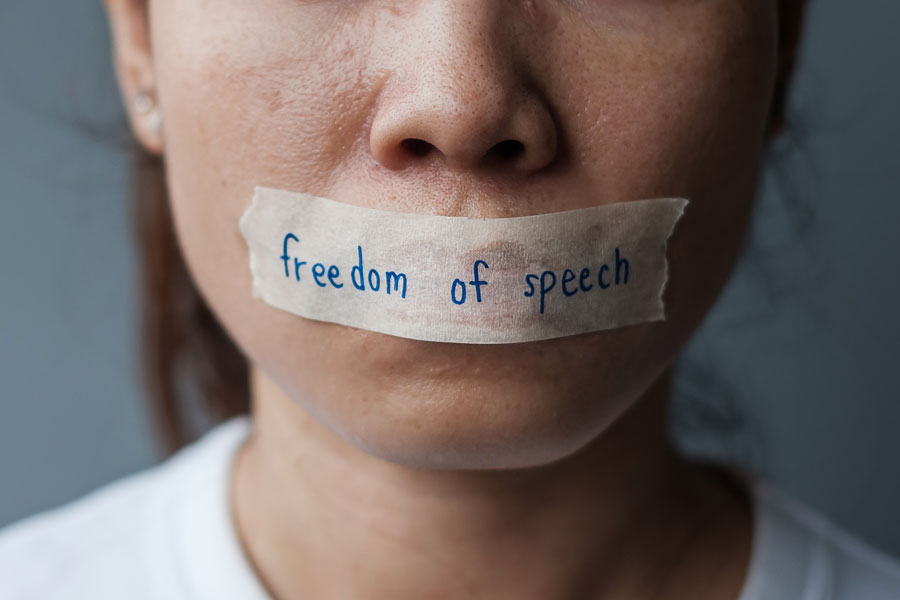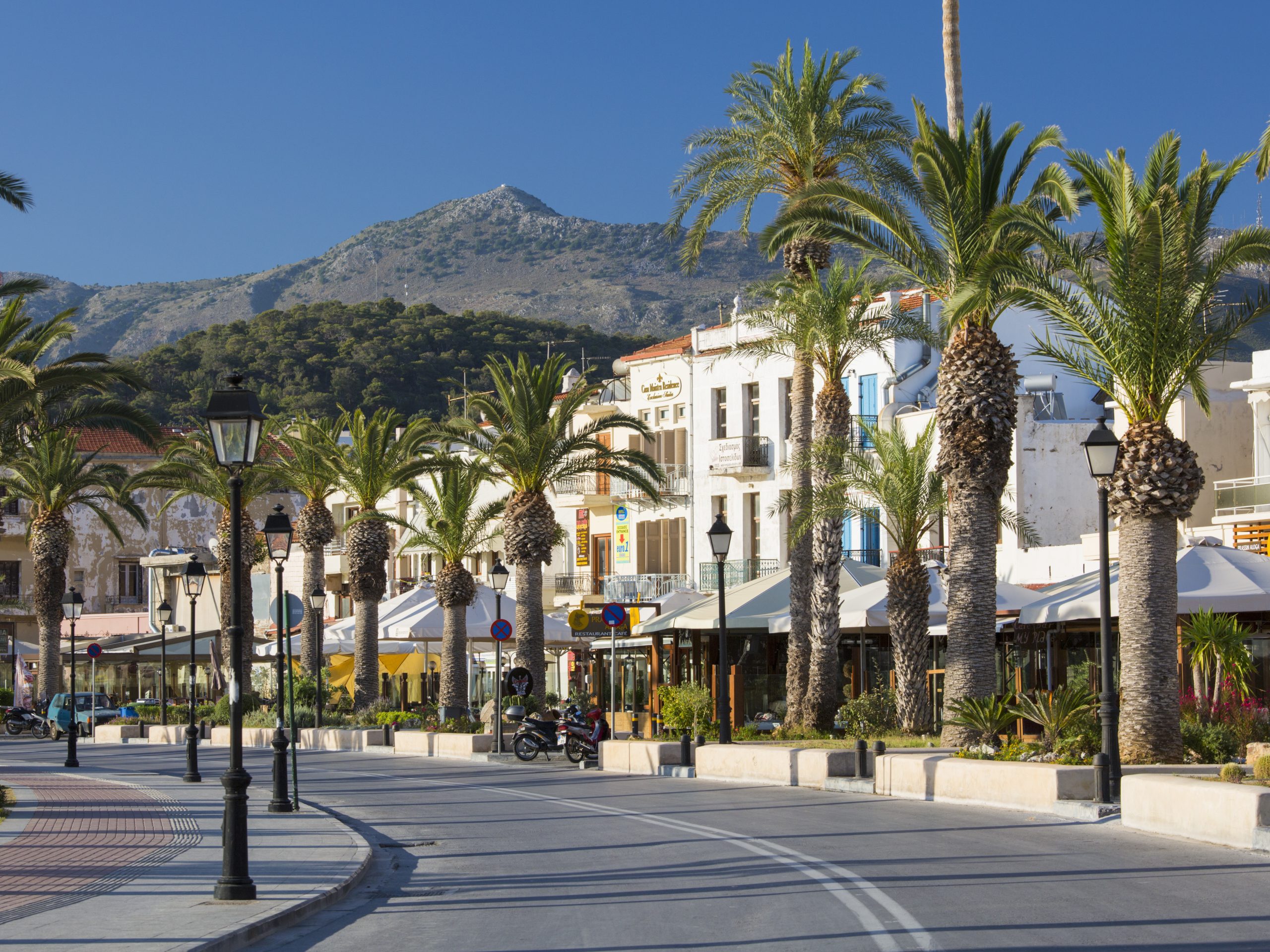NEW YORK, NY – World Press Freedom Day was proclaimed by the UN General Assembly in December 1993, following the recommendation of UNESCO’s General Conference. Since then, May 3, the anniversary of the Declaration of Windhoek is celebrated worldwide as World Press Freedom Day.
“Truth is the most precious thing. That’s why we should ration it.” –Vladimir Lenin
But what about the journalists who are arrested and imprisoned by dictators on trumped up charges?
Journalist Jose Ruben Zamora: “The process against Zamora had, from the beginning, all the signs of a frame-up, and this became more and more evident as it progressed until the conviction. Far from charging him with alleged crimes related to journalism, which could never have been sustained, Zamora was accused of money laundering, blackmail, and influence peddling. These are criminal charges that, by their mere allegation, were destined to discredit him and equate him with other types of criminals who, paradoxically, tend to enjoy impunity within Guatemala’s decaying judicial system,” reports the Havana Times.
Since September 2019, when then-President Jimmy Morales managed to eliminate the International Commission against Impunity in Guatemala (CICIG), created by an agreement between the Guatemalan State and the United Nations, the deterioration of justice has been continuous, the article continues.
- Related: Guatemala – IPI condemns sentencing of journalist Jose Ruben Zamora
Journalist Victor Ticay: “In the early morning of June 9, in a simulated trial in the courtrooms of Daniel Ortega’s dictatorship, journalist Victor Ticay, a Channel 10 news correspondent from the municipality of Nandaime, was declared guilty of the supposed crimes of “conspiring to undermine the national sovereignty” and “propagation of false news,” an article in the Havana Times recounts.
The guilty verdict against Ticay is “a call to the international press to continue reporting about Nicaragua, and to unite in a worldwide condemnation of the dictatorship, until Nicaragua fully recovers its freedom.”
Among the worst ranked countries, references to polarization, stability, and national security continue to be used by authoritarian governments to justify all sorts of abuses against the media.
In Nicaragua (up 2 at 158th), independent journalism has been forced underground or into exile.
Since the reelection of President Daniel Ortega in 2021 for a fourth consecutive term, the independent media has continued to endure a nightmare of censorship, intimidation and threats. Journalists are constantly stigmatized and face harassment campaigns, arbitrary arrest and death threats. Many journalists have had to flee the country.
Cuba remains the worst country for press freedom in Latin America, according to a report by Reporters Without Borders.
Miguel Díaz-Canel, a protégé of Raúl Castro, replaced the latter in 2019 as the country’s president, and then as first secretary of the Cuban Communist Party. Like Raúl Castro and his late brother Fidel, who had ruled since 1959, he maintains almost total control over news and information.
Arrests, arbitrary detentions, threats of imprisonment, persecution and harassment, illegal raids on homes, confiscation and destruction of equipment – all this awaits journalists who do not toe the Cuban Communist Party line. The authorities also control foreign journalists’ coverage by granting accreditation selectively, and by expelling those considered “too negative” about the government.
- Related: Five independent journalists who have impacted Cuba
What can you do? Voice your concerns and support for jailed journalists.
- Contact the International Press at info@ipi.media.
- Contact the Committee to Protect Journalists at info@cpj.org.
- Contact Reporters Without Borders at padesmevel@rsf.org.
“Whoever would overthrow the liberty of a nation must begin by subduing the freeness of speech.” –Benjamin Franklin




